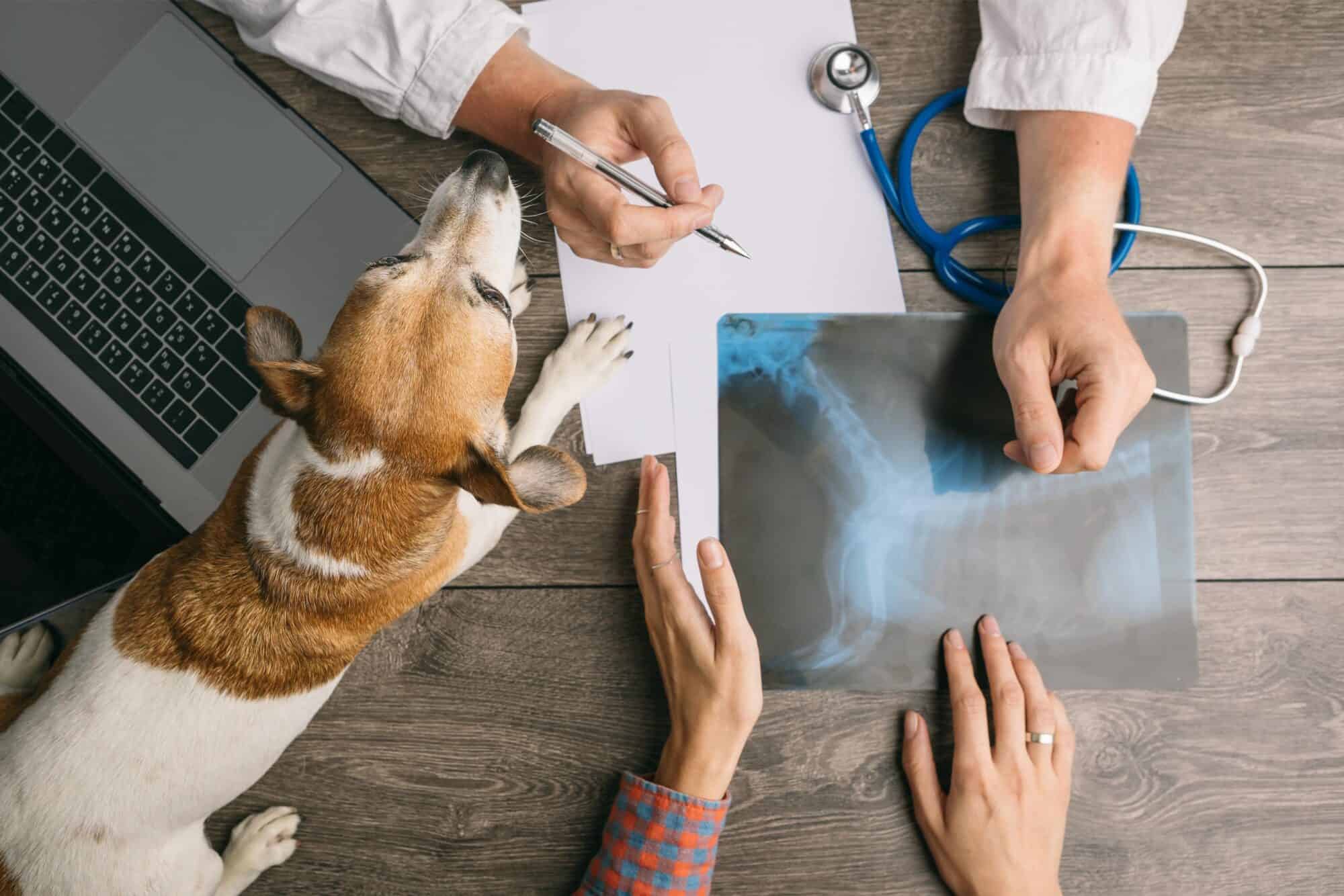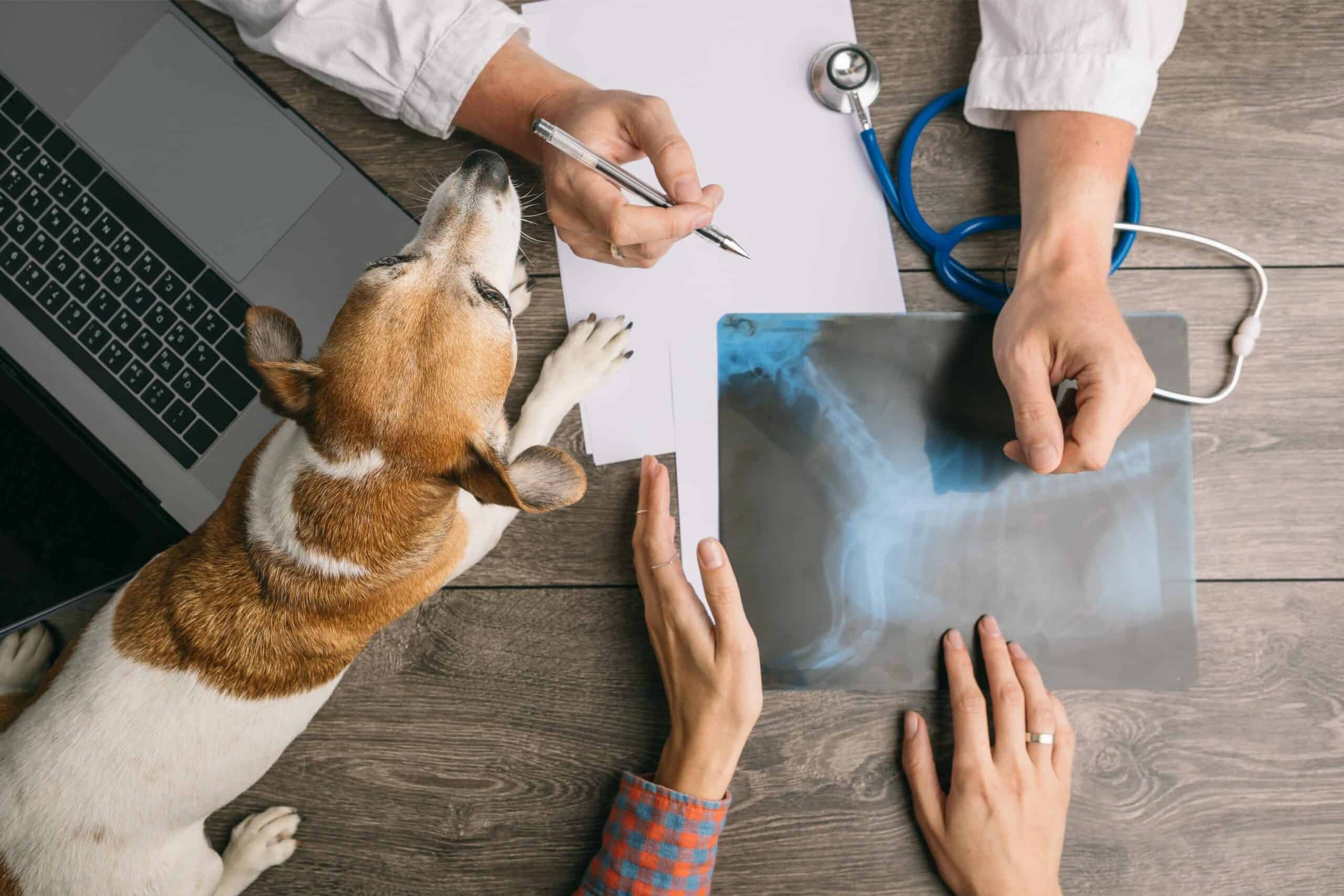Benefits of Pet Ultrasounds

There are several benefits when it comes to pet ultrasounds. Ultrasonography ranks among the most precise veterinary diagnostic techniques. We are proud to provide this innovative technology to our pet families. To learn more about the advantages of ultrasound and why we might recommend it for your pet, keep reading for helpful information from our team at Crossroads Animal Hospital.
How Does Ultrasound Work?
Ultrasound gives us a clear picture of what’s going on inside a pet’s body. We hold a small probe against the pet’s skin that emits high-frequency sound waves that bounce off the pet’s internal structures. The reflected sound waves create an image that is viewed on a monitor. Ultrasound is painless, noninvasive, and does not require radiation.
An Important Diagnostic Tool
We use ultrasound to investigate abnormal findings during a physical examination. Ultrasound can detect a wide range of conditions. Cardiovascular disease, broken bones, some types of cancer, soft tissue damage, ingested foreign objects, and diseases affecting the major systems of the body.
The benefits of pet ultrasounds include:
Abdominal Issues in Dogs and Cats
Veterinarians commonly use ultrasound to examine the abdominal cavities in dogs and cats. Identify conditions that affect the stomach, spleen, liver, and kidneys. If bloodwork from your pet’s annual wellness exam shows elevated liver or kidney enzymes, for instance, we might suggest an ultrasound to help us pinpoint what’s impacting your pet’s organ function.
Gastrointestinal Problems in Pets
When a pet is vomiting or experiencing diarrhea, ultrasound provides us with a noninvasive way of viewing your pet’s gastrointestinal tract. We can use it to diagnose inflammatory bowel disease or spot an obstruction caused by an ingested foreign object.
Heart Conditions
When a pet has a heart murmur, abnormal heart rate, or other symptoms pointing toward heart problems in dogs and cats, an ultrasound can help us determine the cause and severity so we can create a treatment protocol as soon as possible.
Reproductive Health for Dogs and Cats
Because ultrasound does not require radiation, veterinarians often use it to diagnose pregnancy in pets, count the number of fetuses, and monitor fetal health and development.
Cysts in Dogs and Cats
Because ultrasound detects liquids and soft tissue, veterinarians often use it to identify cysts in dogs and cats.
Traumatic Injuries
When a pet sustains a traumatic injury, such as being hit by a car or injured in a fight with another animal, veterinarians use ultrasound to detect internal bleeding and check for fluid around the heart.
Contact Us to Learn More
When your pet is sick or injured, you want answers fast, and so do we. Ultrasound is a quick, noninvasive, pain-free way of evaluating your pet’s condition. Please contact us at (540) 832-1751 if you have questions about ultrasonography or if you’d like to schedule a visit for your pet.

